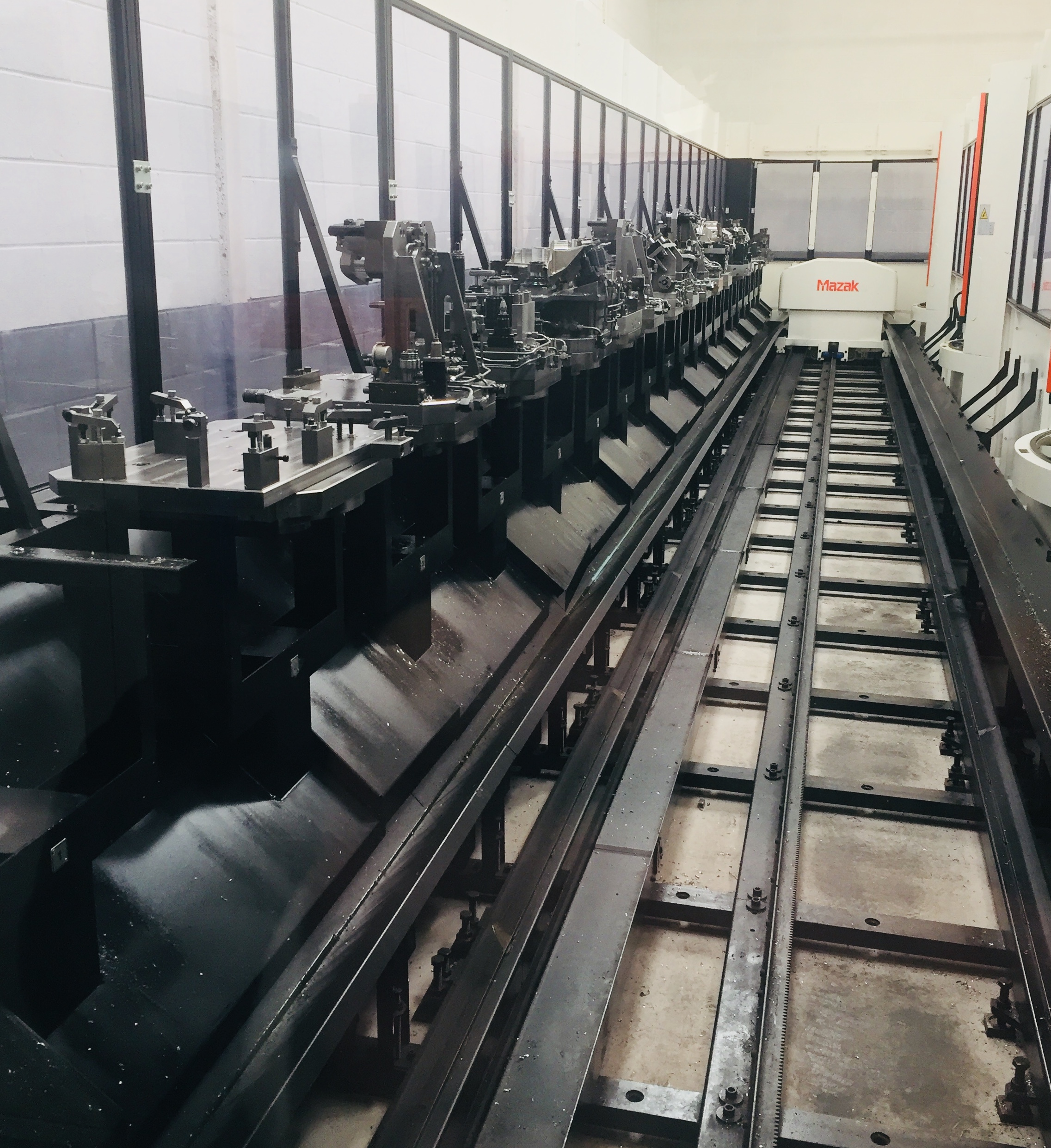Working with OEMs is all about reducing time and cost, while maintaining quality, says Michael Cooper, executive manager at GWL Machining
Make-like production (MLP) might be a relatively new term to many engineers – but from our perspective, it’s a potential game-changer for many low volume vehicle manufacturers. A concept pioneered by the team at the Warwick Manufacturing Group (WMG), based at the University of Warwick, what exactly is MLP and how can OEMs benefit from this approach?
At Grainger & Worrall, our adoption of MLP principles was first driven by a specific customer need. We had been working with a well-known high-performance vehicle manufacturer that was developing a new supercar and wanted to explore the concept of our providing production-quality structural castings during the prototype and ramp-up stages of production.
Needless to say, the quality standards of the various structural body nodes and chassis castings had to be world-class. This exacting requirement also applied to verification and traceability of all components, which required significant investment in total quality systems.
Four years in development, the project required close co-operation between the OEM and Grainger & Worrall’s specialist engineers, working on prototype designs, provision of test parts and low volume production – all to ensure the facility met the exacting requirements of the customer.
Designed from the ground up at our Bridgnorth facility, the dedicated flexible manufacturing system (FMS) cell comprises three Mazak 5-axis machining centres and a fully integrated pallet loading system, providing a lean and flexible solution for vehicle builds. This enhanced manufacturing capability enables shorter turnaround times and lower inventories, ideal for low volume vehicle manufacturers.
Specifically designed for high-end automotive components, such as body-in-white structures and powertrain products, the cell enables us to provide a bespoke offering for small-series OEM projects worldwide – and also provide assistance during the ramp-up stages of larger scale manufacturing.
Over the last four years, we have been refining our flexible manufacturing process, meaning a complete set of parts can be taken from a casting, to a machined, verified and packed set of parts in less than eight hours.
This is important for our OEM customers, as they have the assurance that we can produce complete sets of parts quickly, without the cost, risk and reduced flexibility of high inventory.
By using a flexible tooling approach, we can run the manufacturing system 24 hours per day if required – providing complete peace of mind that any spikes in demand from the OEM can be managed. This capability is due to a unique pallet loading system used at Bridgnorth, where each of the castings is loaded into its individual pallet and autonomously locked into the machining system, removing the need for a human operator to be present.
Designing and manufacturing each of these bespoke pallets was a huge engineering challenge in its own right. But we save hours of set-up time along with the huge improvements in accuracy.
Our FMS cell can work to micron levels of accuracy, considering and compensating to inevitable small variability from complex cast shapes and other processes.
These structural castings are vital parts of any performance car, so we needed to demonstrate to the OEM that we were capable of a systematic approach when it came to quality assurance and data management. That’s why we established a robust system that built in quality to the process and also logged each individual part once it had been checked.
For us, MLP represents an important strategic step forward. Working as part of a team led by JLR at Warwick University (HVEMS-UK project), we’ve helped to establish a manufacturing research centre for the UK that will further support the adoption of this leaner, more flexible manufacturing ethos.

 Get in touch
Get in touch